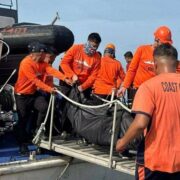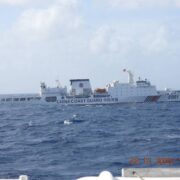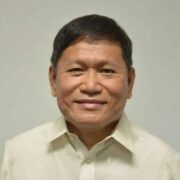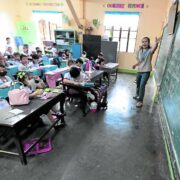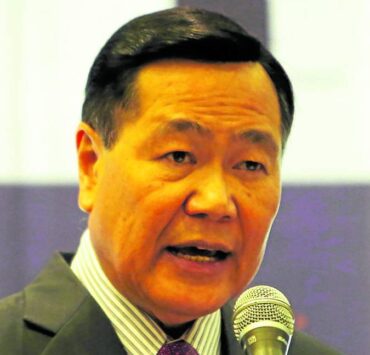5 more drug war victims buried at Dambana
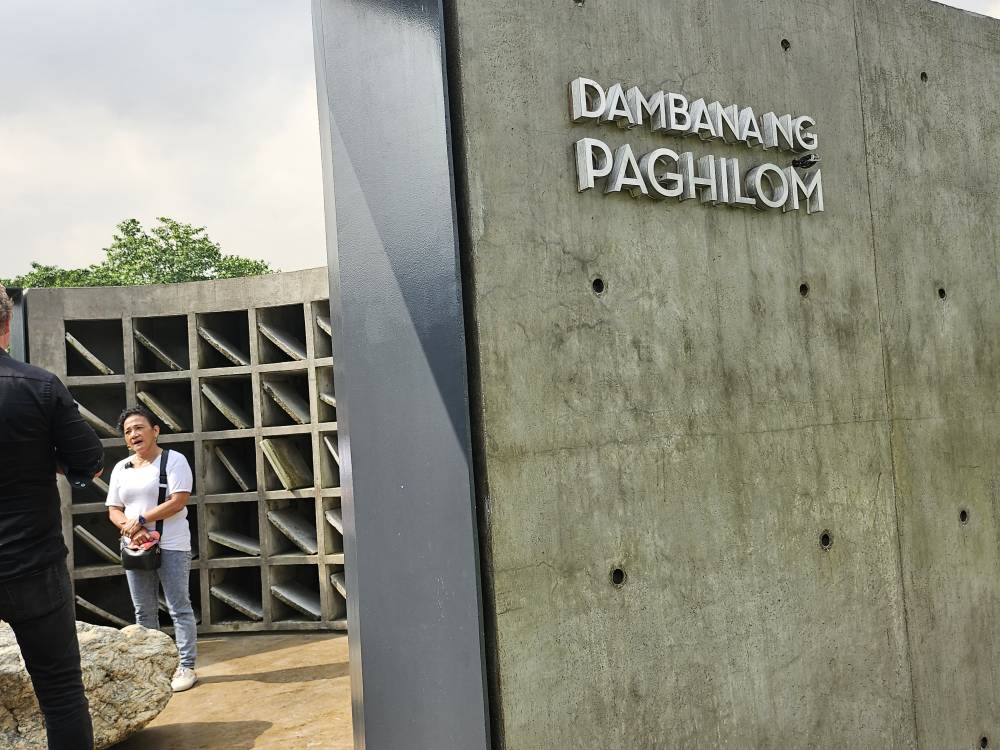
The remains of around 3,000 drug war victims under the administration of former President Rodrigo Duterte have yet to be examined, cremated and brought to the “Dambana ng Paghilom” (Shrine of Healing) in La Loma, Caloocan City.
The 3,000 account for roughly half of the more than 6,000 who were killed in antidrug operations under Duterte, based on government records. Rights groups, however, dispute the figure, saying the death toll could be as high as 30,000.
The shrine was erected in May last year to serve as a memorial site and resting place for drug war victims. It was initiated by Fr. Flavie Villanueva, a Ramon Magsaysay Awardee, who has been looking after the families of drug war victims through Project Paghilom.
Villanueva said in a previous interview that he pushed for the construction of the shrine after hearing about a widow’s predicament in 2021. The remains of her husband, a drug war victim, had to be exhumed because the five-year lease for his grave was about to expire.
Since then, 116 victims have been inurned at the Dambana, including five more whose remains were transferred to the shrine in a ceremony attended by their families and friends on Thursday.
They were identified as Jeremy Nabor, 19; Harold Bautista, 22; Sonny Royo, 23; Jocel Sales, 28 and Percival Zamora, 45.
Batch 12
They comprised the 12th batch of victims who were buried at the Dambana a day before the Appeals Chamber of the International Criminal Court (ICC) is scheduled to hand down its decision on the appeal filed by the Duterte camp regarding the denial of the former president’s bid for temporary liberty.
Duterte has been under the custody of the ICC since his arrest in March and is being held in its facility at the Scheveningen prison in The Hague, the Netherlands. He is facing three counts of murder for allegedly perpetrating a brutal scheme that targeted suspected drug users and pushers in a nationwide crackdown.
Fr. Alan Bondoc, the spiritual director for Program Paghilom, told the Inquirer that around 3,000 more drug war victims have yet to be transferred to the site.
Bondoc, who recently joined Program Paghilom, has been leading the psycho-spiritual sessions, in which the families of the victims share their trauma and release their pent-up anger.
Empowered
“Through their sharing, they become empowered and they muster enough courage to voice out their stories,” he said in an interview. “That’s why the others are reporting their stories to us only now … and then we ask them if they want their [kin’s remains] to be transferred.”
Once recovered, the bodies are autopsied by forensic pathologist Raquel Fortun before being so their loved ones could finally mourn for them, as many of them could not even hold a proper funeral for their departed kin.




